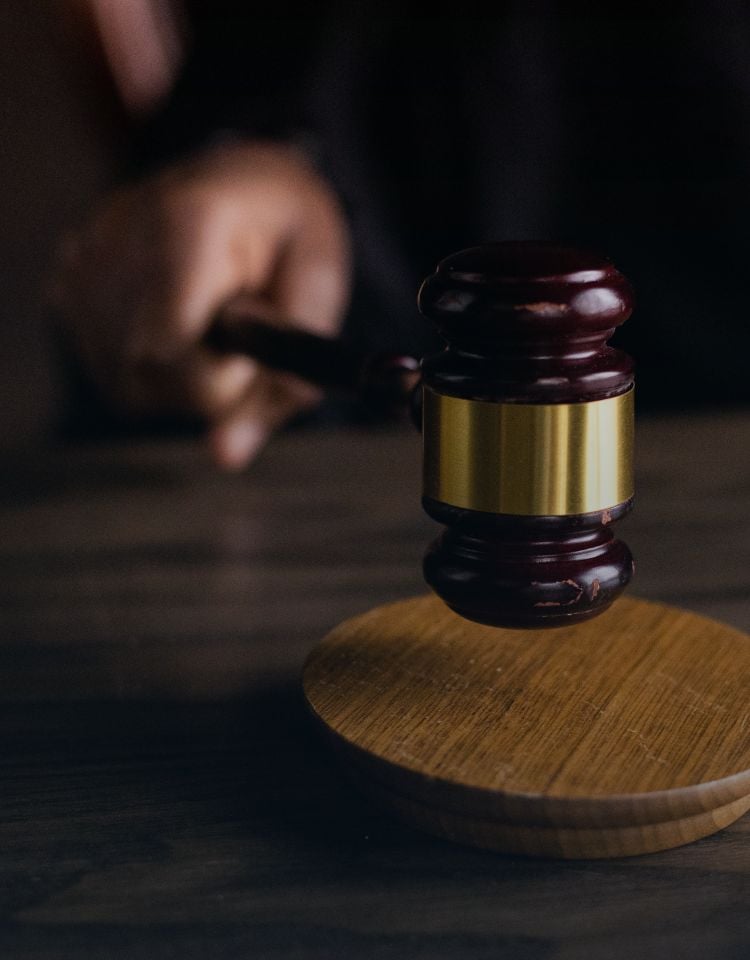Written By: Aidan Vining and Savannah Snyder, Summer Student
Overview
In Majerczyk v Manalo, 2023 ONSC 3064, the Defendant brought a motion to call more than three experts at the trial of a motor vehicle collision in which the Plaintiff suffered serious injuries. Specifically at issue was whether the Defendant should be permitted to call a physiatrist in addition to an orthopaedic surgeon.
Justice Woodley ultimately granted the Defendant’s motion, centering the analysis on the area of expertise of the experts and what they were able to provide opinion evidence on, rather than focusing on the observations and conclusions contained in each expert’s report. On this point, Justice Woodley states:
[24] There is no prohibition against duplication. The case law prohibits undue duplication.
Law on Leave for More than Three Expert Witnesses
Justice Woodley begins the analysis by looking at section 12 of the Evidence Act. Section 12 requires leave from the judge where a party intends to examine more than three witnesses who are entitled, according to the law or practice, to give opinion evidence.
Justice Woodley states that on a motion for leave under section 12, the court should consider:
(a) Any objection by the opposite party;
(b) The number of expert subjects in issue;
(c) The number of experts each party proposes to call on each issue;
(d) The number of experts customarily called in similar cases;
(e) Whether leave would disadvantage the opposing party;
(f) The necessity of calling more than three experts;
(g) Any duplication of the opinions; and
(h) Whether the time and costs are disproportionate.
Justice Woodley also refers to McNamee v Oickle, 2002 ONSC 432, where the Court recognized that in cases where chronic pain is alleged, such as it was in Majerczyk: “it is not unusual to have more than one expert – each with different expertise – to comment on the issue of causation”.
Similarity of Expert Reports
Justice Woodley held that although the Psychiatrist and Orthopaedic Surgeon reports are strikingly similar, the underpinning of the reports are strikingly different.
Justice Woodley recognized that the Psychiatrist and Orthopaedic Surgeon have different specialties that are separate and distinct from each other. Furthermore, Justice Woodley specifies that, if qualified at trial, the Psychiatrist and Orthopaedic Surgeon will only be able to provide their opinions in their area of specialty and expertise.
During the trial, the Orthopaedic Surgeon would be qualified as an orthopaedic surgeon trained in examining the musculoskeletal system in his area of expertise giving his opinion as to whether the Plaintiff reasonably requires back surgery. In comparison, the Psychiatrist would only be qualified as a psychiatrist, who provides evidence on whether the Plaintiff’s post-concussive symptoms impact her function, provides evidence on rehabilitation, and on the Plaintiff’s ability to return to normal activities.
Justice Woodley clarifies that similar observations and conclusions in expert reports do not automatically result in duplication of the sort that warrants exclusion. The case law prohibits undue duplication, however, there is no prohibition against duplication itself.
Disadvantage to the Plaintiff
Justice Woodley also held that there is no disadvantage to the Plaintiff in granting leave to allow the Defendant to call more than three experts at trial. The reasons outlined are:
- The Physiatrist’s report was dated over a year prior to trial commencing and had been in the Plaintiff’s possession for some time.
- The Plaintiff had been treated by a physiatrist for some time and could have arranged for the treating physiatrist or a separate Rule 53 expert to attend trial to address the Physiatrist’s report.
- The Plaintiff had the opportunity to call treating physicians as participant experts.
- Each expert represents a different specialty and would provide differing perspectives on critical issues to be determined by the jury.
On this point, Justice Woodley concluded that disadvantage may occur where there is a “piling on” of experts, however, this was not the case in Majerczyk as the Defendant sought to call only five experts, each with a different specialty.
Conclusion
Justice Woodley granted leave to the Defendant pursuant to section 12 of the Evidence Act, allowing the Defendant to call more than three expert witnesses at trial. This is a helpful decision for trial lawyers to add to their toolchest when seeking to call more than three experts at trial.





